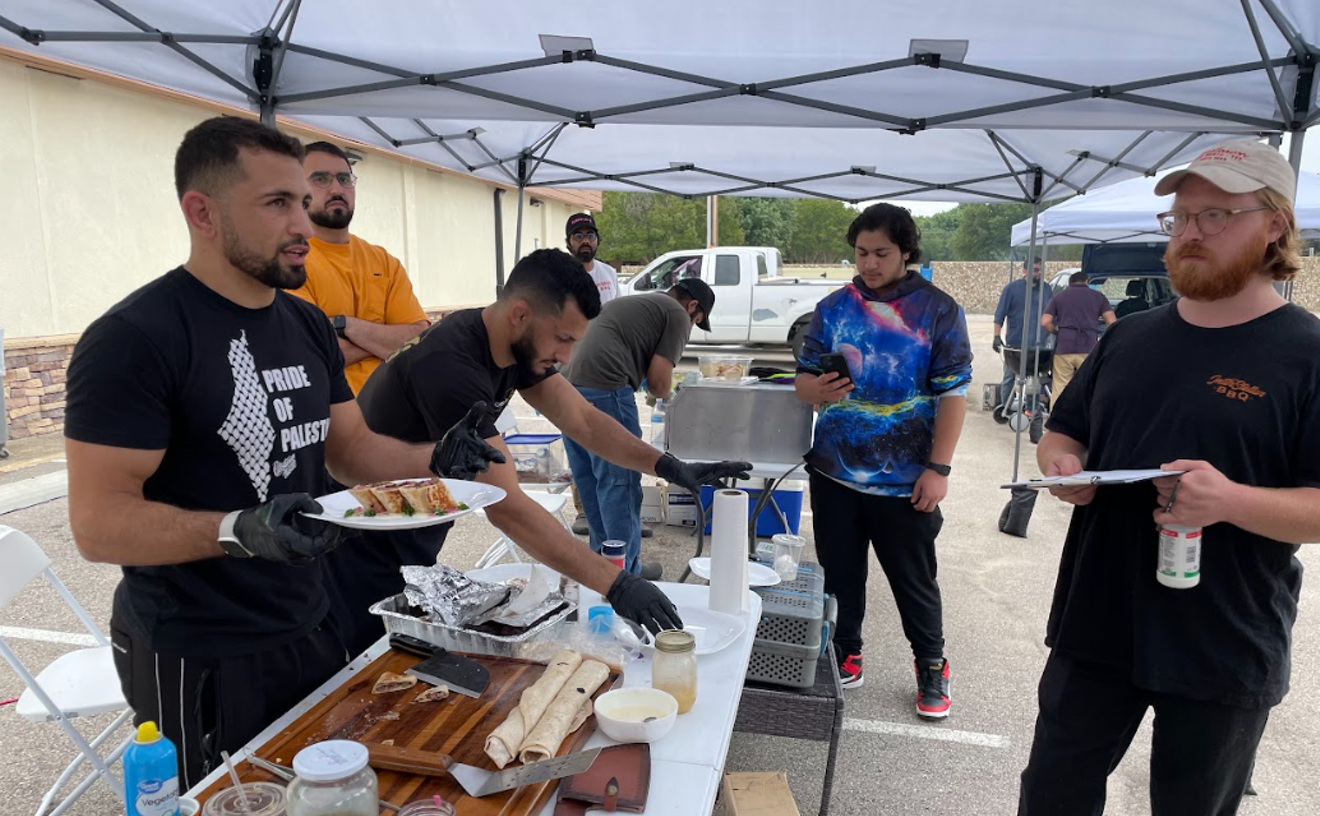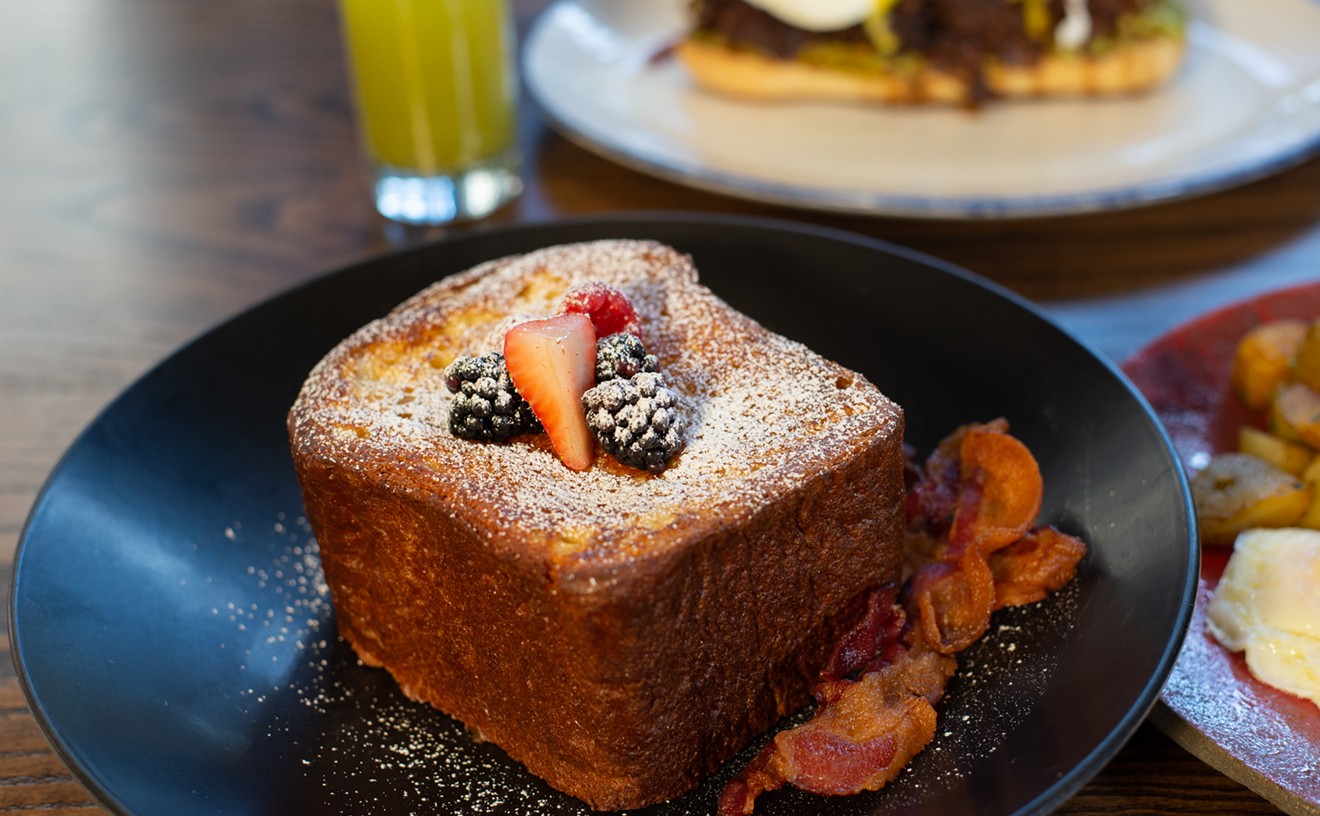Several years ago, the discovery of the carcinogenic compound 3-monochloropropane-1,2-diol in soy sauce was generating concern throughout parts of Europe and Asia. A United Kingdom study directed attention to the matter in 2001.
It turned out that low levels of 3-MCPD had been present in processed foods for decades and had been acknowledged by regulating food and drug agencies in different countries. In small doses, the compound is an inescapable evil of processed foods.
In large doses, 3-MCDP has been linked to cancer and infertility in lab rats. What made the 2001 study of the organic compound so alarming were the dangerously high levels being found in several brands of non-fermented soy and oyster sauces.
3-MCDP is the result of adding hydrochloric acid to speed up the hydrolysis of proteins and lipids at high temperatures. In layman's terms, this means that many companies take the shortcut route to creating the signature umami flavor of soy sauce rather than waiting through the process of fermentation.
Since the study, mounting pressure and new regulations have resulted in many soy sauce companies having since tinkered with their recipes in order to come in under legal limits. As of 2008, the U.K. legal limit is 20 mcg per kg. What does this mean in the U.S? It's still unclear. The limit set by the Brits is pretty much the universal adherence number, and the U.S.'s FDA goes even farther by saying anything over 1 ppm (parts per million volume) is non-"GRAF," or generally recognized as safe.
There are a few problems with this.
First, exact amounts of 3-MCDP in food were difficult to measure until recently. Second, several brands that were pinpointed by the UK studies, i.e. Golden Mountain, Lee Kum Kee, and Pearl River Bridge, are still being sold in the States. Any dangerous amounts (anything found containing more than 1ppm) is then only examined by the FDA on a case-by-case basis and then only punishable given the "totality of the circumstances." On top of all this murkiness, there is now even more concern regarding a chemical byproduct of 3-MCDP that is currently unregulated by all the food agencies.
In the mean time, when it comes to "fermented sauces" such as bean, soy, and oyster, stick to the labels that say "naturally fermented" or "organic" to be safe. For more reading on this matter: here or here.










